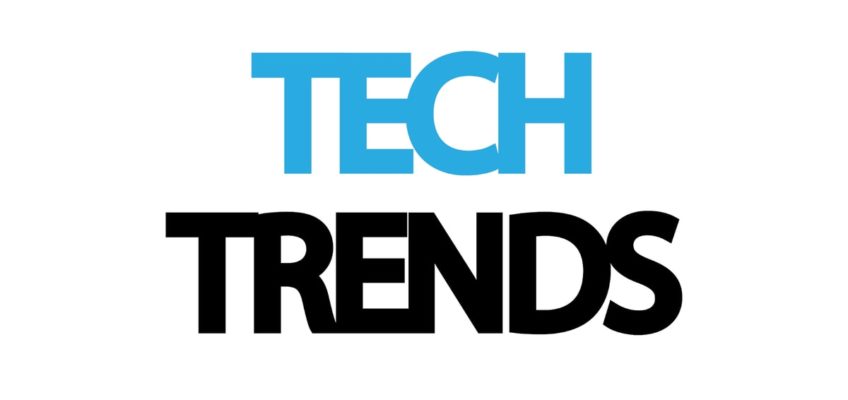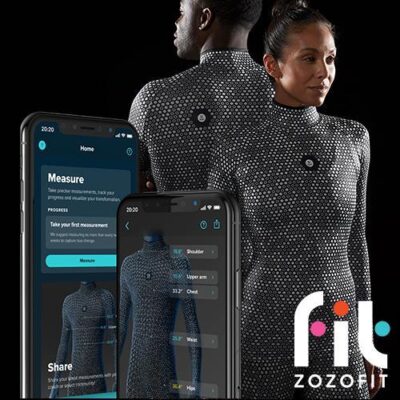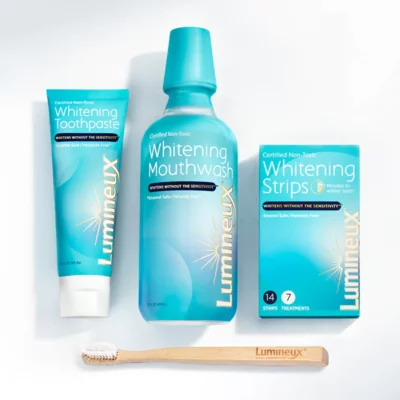Vodafone is developing smart beachwear and luggage using IoT technology.
Vacationing is something most of us look forward to all year, and chances are that you’ll be headed for the beach this summer for some much-needed R&R.
Vodafone is developing a suite of connected IoT holiday devices Share on XBut holidays can be really stressful. Your luggage gets lost; the kids wander off; you forget the sun cream, and before you know it your skin turns a healthy shade of beetroot.*
That’s where Vodafone thinks technology can help. The company announced that it developed a proof-of-concept suite of holiday essentials using connected Internet of Things (IoT) technology. This includes ‘a Smart Summer’ bikini and men’s swim shorts equipped with UV sensors that track exposure to sunlight throughout the day, and notifies you – either through a smartphone app or via a small vibrating alert built into the waistband and strap of the outfits – when you’ve had too much exposure to those harmful rays.
Can IoT technology help alleviate holiday-related stress? Share on X UV sensors embedded in your swimwear warn you when you've been out in the sun too long Share on X Another concept they tested out was of a child’s hat containing the same UV sensing technology, but that also doubles up as a handy tracking device. Embedded sensors send distracted parents a message when the little ones wander beyond a pre-determined distance and GPS and GSM mobile base station triangulation can be used to locate the child on a map if they manage to get properly lost. Panic over. Embedded tracking devices send parents alerts if their child wanders off Share on XThat same tracking technology was also applied to suitcases, which could cut down on the annoyance experienced by nearly 30% of European holiday-makers who reported having lost luggage issues during their travels, and finding the best carry-on luggage can be a challenge in itself.
Why is Vodafone designing trunks and bikinis? Share on XIt works by combining three separate tracking methods and low-power Bluetooth technology for near-range tracking, showing the user’s proximity to the child’s sun hat or suitcase using a ‘hotter’ or ‘colder’ graphical representations on the smartphone app.
But why is Vodafone designing bikinis and trunks all of a sudden, you may well ask?
It’s all part of a bigger trend towards connecting real objects with data. We’re soon going to see a rollout of low-cost, low-power ‘Narrowband IoT’ devices (think battery lives of 10+ years) which will radically transform and permeate every aspect of our lives. Recent research indicates that more than half of consumer technology companies intended to bring new IoT products and services to market within the next two years.
By next year we will be experiencing a new wave of low-cost, low-power IoT Devices coming to market Share on XThose connected devices, in turn, will all plug into the mobile networks that telecoms giants such as Vodafone provide, so they’re keen to accelerate the process by demonstrating the mass market potential applications of this technology in everyday consumer devices. The company claims that its global IoT networks will be able to support more than one million such devices per square kilometre simultaneously.
“Companies in every industry are already embracing IoT technologies and see these as critical to their future,” says Vodafone Group Director of IoT Erik Brenneis. “The launch of new Narrowband IoT networks next year will take this remarkable revolution to a whole new level.”
So maybe by next summer we will actually be seeing such designs in the shops. In the meantime though, watch those kids and remember to pack the factor 50. Happy summer!
* A Pan-European Vodafone and YouGov online survey found that almost half of Europeans (48%) forget to apply sunscreen, and 76% said they would be more likely to cover up they received an automated alert about it.
Alice Bonasio is a VR Consultant and Tech Trends’ Editor in Chief. She also regularly writes for Fast Company, Ars Technica, Quartz, Wired and others. Connect with her on LinkedIn and follow @alicebonasio and @techtrends_tech on Twitter.









